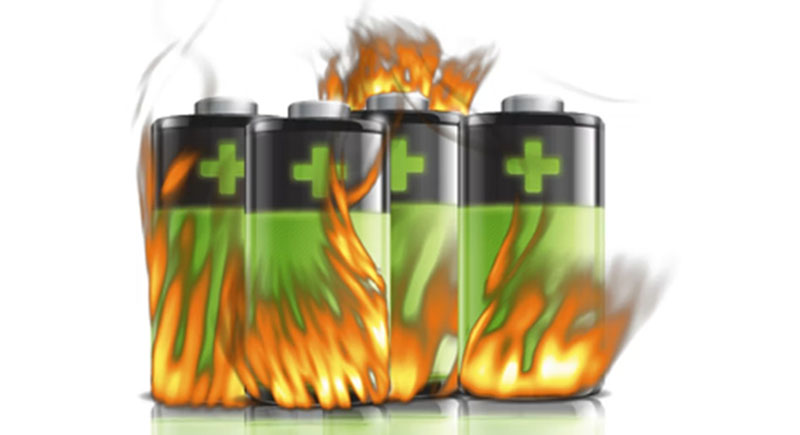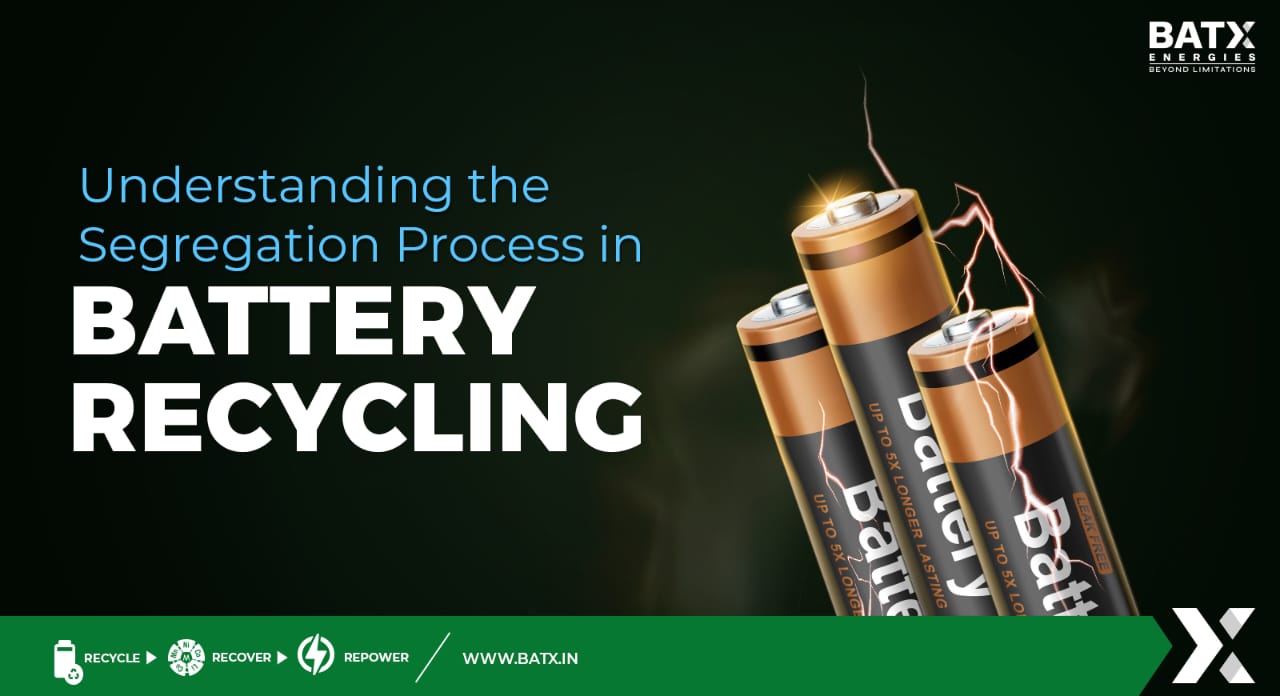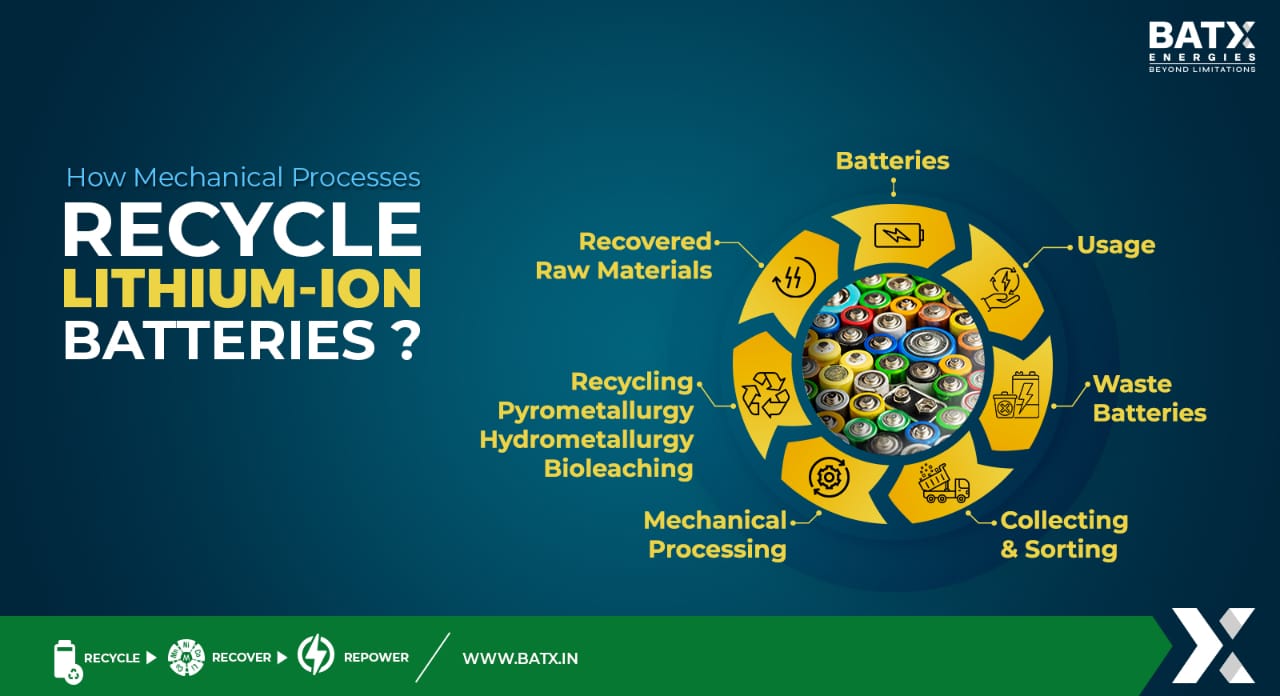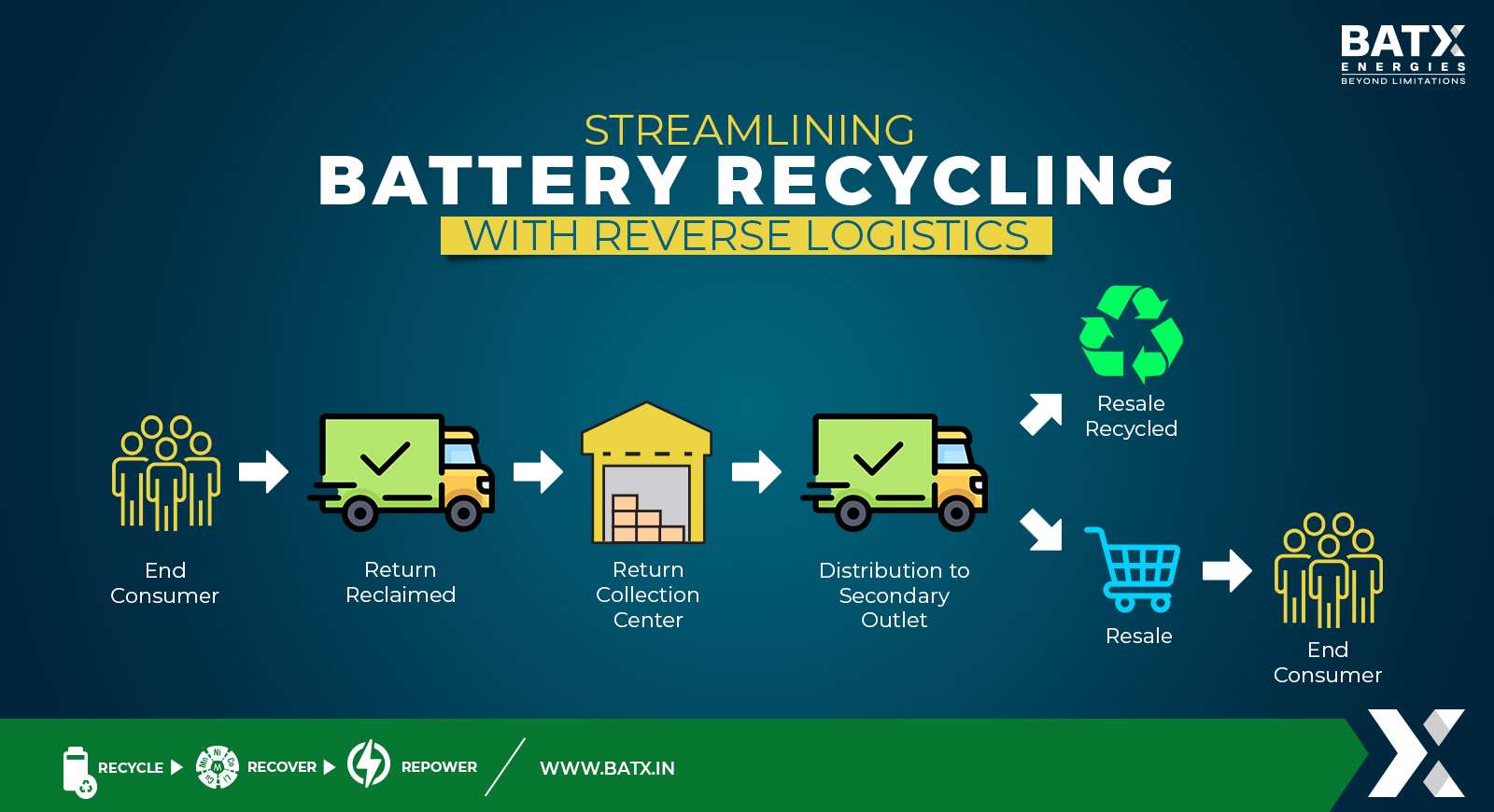Lithium batteries are compact, lightweight batteries that hold considerable charge and fare well under constant discharge-recharge conditions. They are made to deliver high output with minimal weight. Battery components are designed to be lightweight, which translates into thin partitions between cells and a thin outer covering. The partitions or coating are fairly fragile, so they can be punctured. Lithium-ion batteries are extremely sensitive to high temperatures and inherently flammable. These battery packs tend to degrade much faster than they normally would if they are exposed to heat. If a lithium-ion battery pack fails, it will burst into flames and can cause widespread damage.
Flaws in production can cause metallic particles (impurities) to seep into the lithium-ion cell during the manufacturing process. Car companies want to design their cars as sleek and slim while giving the maximum range and performance. These requirements push battery pack manufacturers to come up with compact designs by packing high-capacity cells into a smaller body, messing with an otherwise well-built battery. In addition to manufacturing defects, using low-quality components is one of the highest causes of battery failures. Increasing competition is driving the prices of batteries down.
In 2013, a famous Korean manufacturer’s product exploded in an 18-year-old girl’s pants pocket, giving her third-degree burns. An investigation revealed that the battery inside that mobile phone wasn’t the original battery, but was a knock-off battery — a counterfeit battery that even had the manufacturer’s logo on it. It’s not hard to find other reports of smartphone batteries exploding and injuring people or burning down buildings, and it’s usually not clear whether an aftermarket battery is to blame.
This doesn’t just apply to third-party batteries purchased from disreputable businesses. In June, 2013, Best Buy recalled over 5000 third-party MacBook batteries produced by a third-party manufacturer According to the US Consumer Product Safety Commission, “The firm has received 13 reports that the battery caught fire, including one report of a serious burn to a consumer’s leg.”
It’s definitely not even a good idea to buy cheap third-party batteries from electronics stores you trust. The device’s manufacturer has to hold their batteries to a high standard, but an unaffiliated company producing batteries designed to be as cheap as possible has a much lower standard to meet.
For dirt-cheap batteries that you may find on online, the manufacturer may even lie — advertising a certain capacity and even printing it on the side of the battery, but including less capacity inside the battery to keep costs down.
In essence, the difference between a handy lithium battery and an incendiary one can be boiled down to three things: how industry manufactures these devices, how it integrates them into the applications they power, and how users treat their battery-containing appliances



